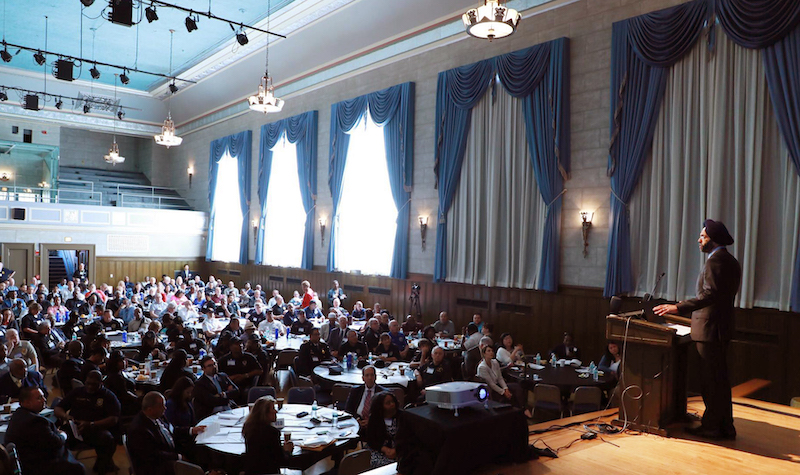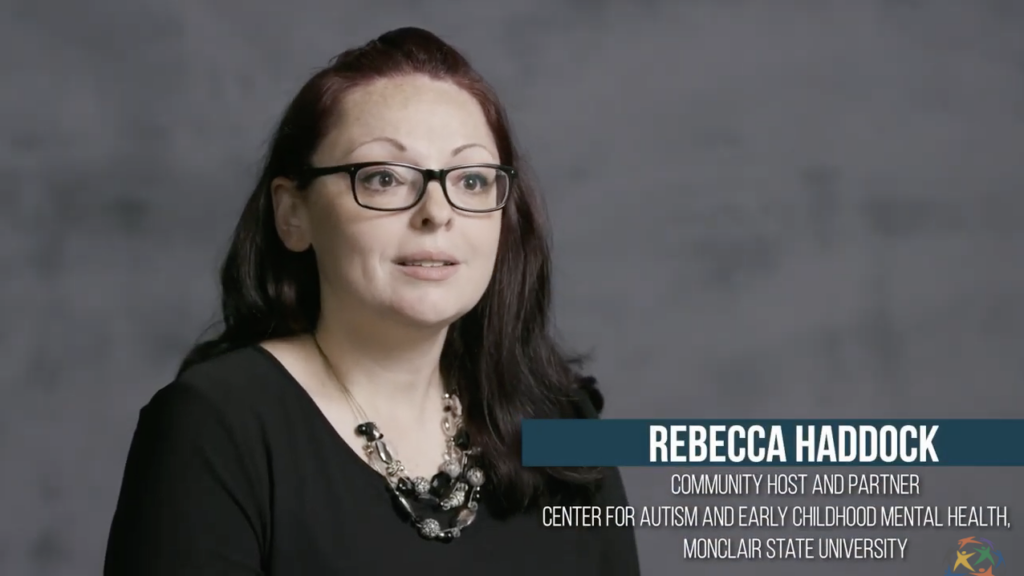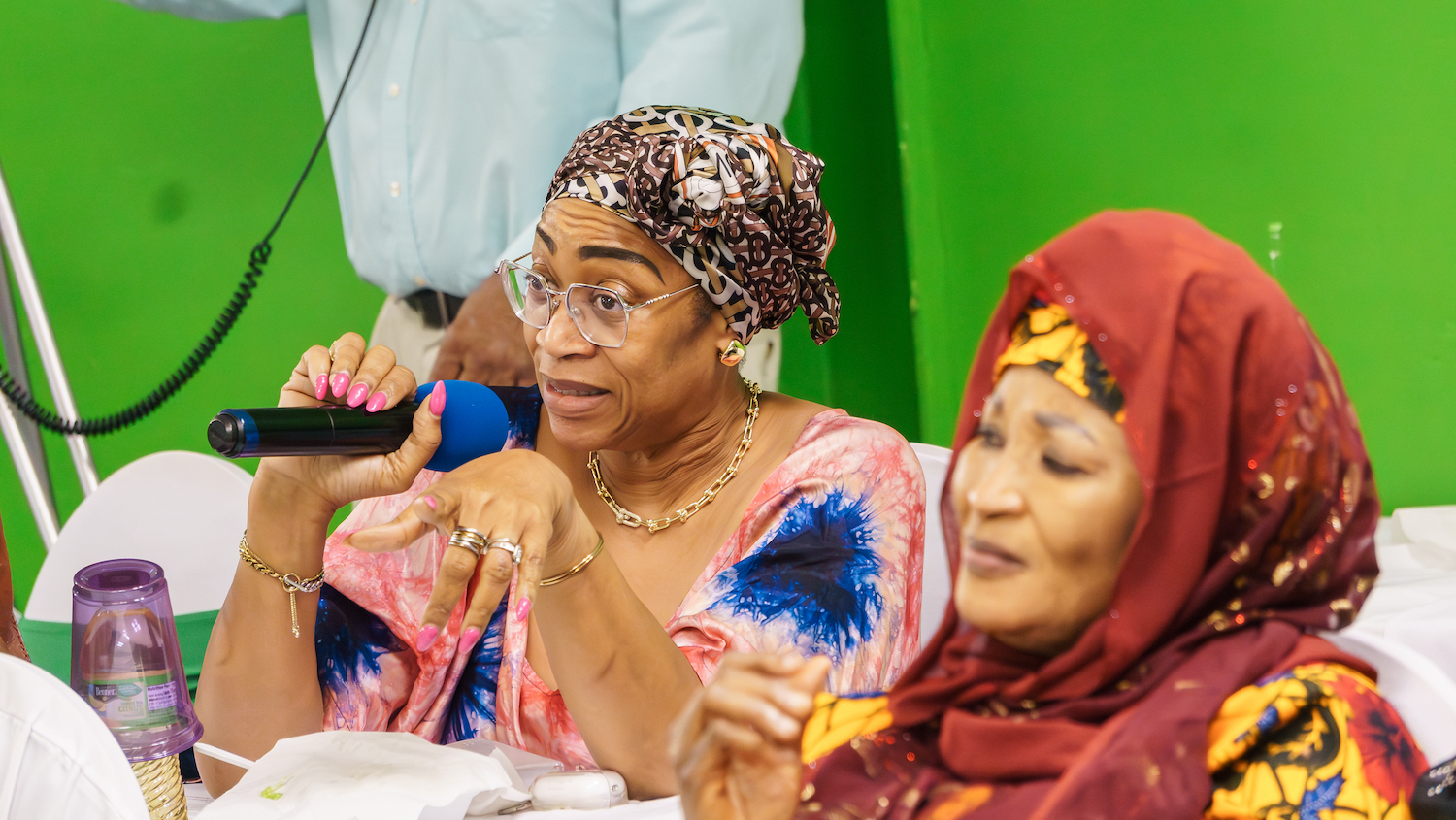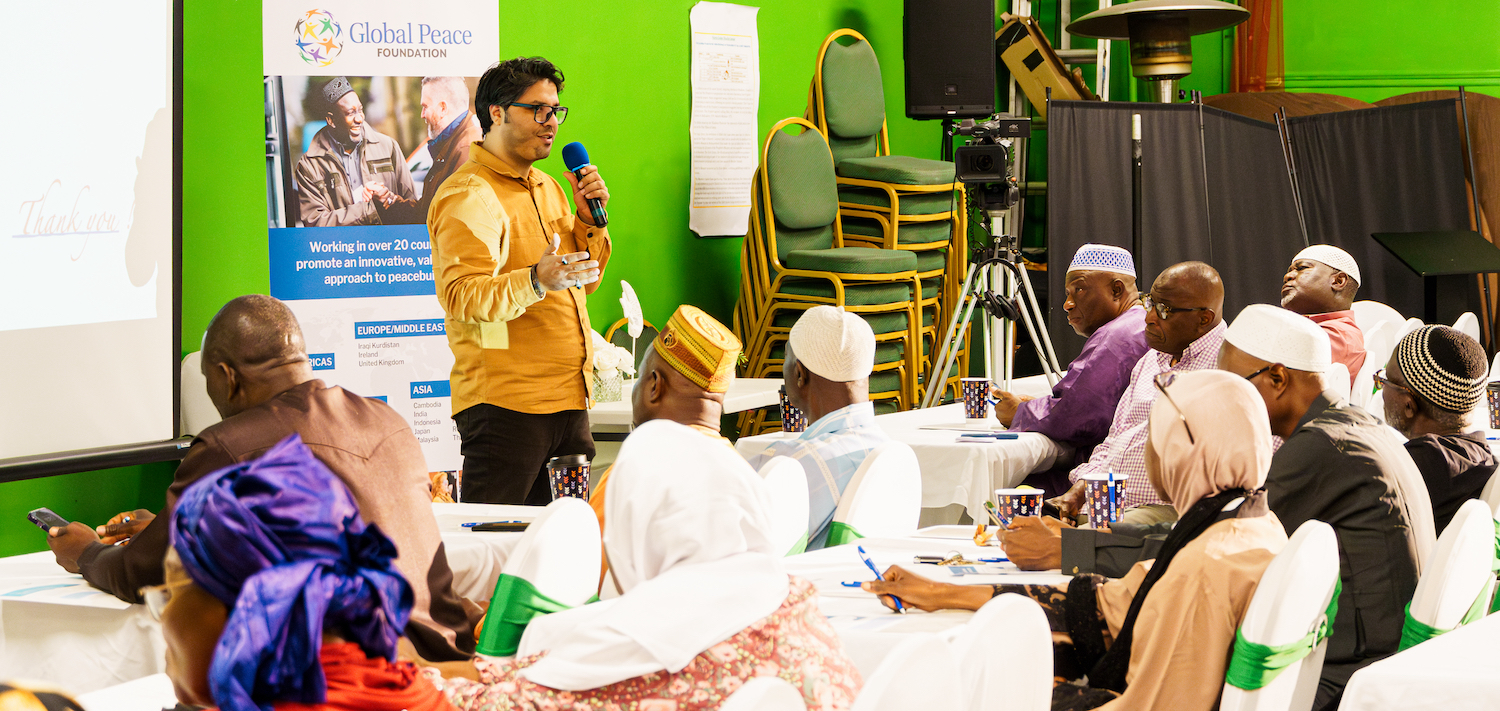The U.S. Department of Homeland Security (DHS) highlighted the Global Peace Foundation’s digital awareness training program in New Jersey in a recent publication. As a part of the DHS “Overview of Community Engagement in Targeted Violence and Terrorism Prevention (TVTP)” report, the New Jersey Urban Peacebuilding project was highlighted as one of two notable examples from the fiscal year 2016 (FY16) Countering Violent Extremism (CVE) Grant Program.

First implemented as a pilot project in New Jersey, the goal was to “prevent extremist violence by raising awareness about the behavioral indicators of mobilization towards violence.” During its implementation, the project exceeded its initial targets, engaging 5,675 individuals over 77 trainings and events over 24 months.
A third-party evaluation of the New Jersey Urban Peacebuilding Project was conducted by Rutgers University’s Walter Rand Institute for Public Affairs. The assessment reported over 92% of survey respondents rated the project as ‘beneficial’ to ‘very beneficial.’ Additionally, as part of the overall activities, many community engagement events provided opportunities for “building trust and strengthening partnerships between law enforcement and community members.” Over 96% were ‘satisfied’ to ‘very satisfied’ with the “meaningful connections made at the events,” and over 97% of survey respondents would recommend a Community Engagement event to a friend.
The New Jersey Urban Peacebuilding Project took a two-prong approach to counter violent extremism recruitment through activities designed to increase knowledge and awareness on “behavioral indicators of mobilizing towards extremist violence” and “facilitating information sharing, increasing trust and confidence” between law enforcement and the community members.
 Rebecca Haddock, a community host and partner with the Center for Autism and Early Childhood Mental Health at Montclair State University, participated in the program. In a video interview, she reported, “The training itself is so succinctly developed and designed that you leave feeling like you know what to do, what to look for, and how to handle the situation.”
Rebecca Haddock, a community host and partner with the Center for Autism and Early Childhood Mental Health at Montclair State University, participated in the program. In a video interview, she reported, “The training itself is so succinctly developed and designed that you leave feeling like you know what to do, what to look for, and how to handle the situation.”
By addressing key issues and facilitating partnerships between community leaders, including educators, parents, employers, youth leaders, clergy of diverse faith traditions, and law enforcement, the project aimed to prevent violent extremism while building towards a more positive and robust civil society engagement.
For more on the project, click here.



